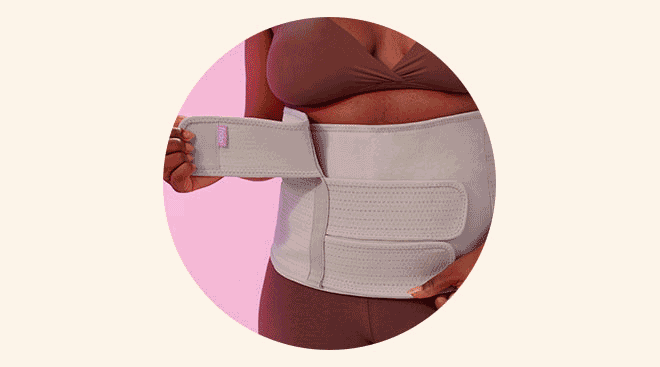Just about 32 percent of babies in the US are delivered by c-section each year. And despite the fact that a third of all mothers are undergoing this major surgery, a new study highlighted that they’re not very informed about the long-term risks and benefits. So researchers reviewed existing research of nearly 30 million c-sections to bring them to light.
While the analysis didn’t point out any specific benefits of c-sections for babies, it goes without saying that survival is one obvious benefit in situations when c-sections are medically necessary. The study, published in the journal PLOS Medicine, was intended in part to better educate women who opt for c-sections that aren’t medically advised.
"These findings might help enhance discussions between clinicians and patients regarding mode of delivery, meaning that patients will be better informed of the potential long-term risks and benefits of cesarean delivery for themselves, their offspring, and any future pregnancies,” the authors conclude.
Here’s what they found. (Spoiler, the benefits aren’t particularly surprising considering these women avoided vaginal birth.)
Benefits For Mom
- 71 percent lower risk of pelvic organ prolapse (which can be prevented—and sometimes managed—with Kegel exercises)
- 44 percent lower risk of urinary incontinence
Risks For Mom
- 74 percent higher risk of placenta previa with subsequent pregnancies, plus higher risks of placenta accreta and placental abruption
- 17 percent higher risk of miscarriage with future pregnancies
Risks For Baby
- 59 percent more likely to be obese by age 5
- 21 percent more likely to develop asthma by age 12
The authors note that since most of the studies analyzed were observational, the “results should be interpreted with caution.” In other words, if you have a c-section, you are not destined to have an overweight child or a pregnancy loss. It’s all just information to consider.
Please note: The Bump and the materials and information it contains are not intended to, and do not constitute, medical or other health advice or diagnosis and should not be used as such. You should always consult with a qualified physician or health professional about your specific circumstances.
Navigate forward to interact with the calendar and select a date. Press the question mark key to get the keyboard shortcuts for changing dates.




















































